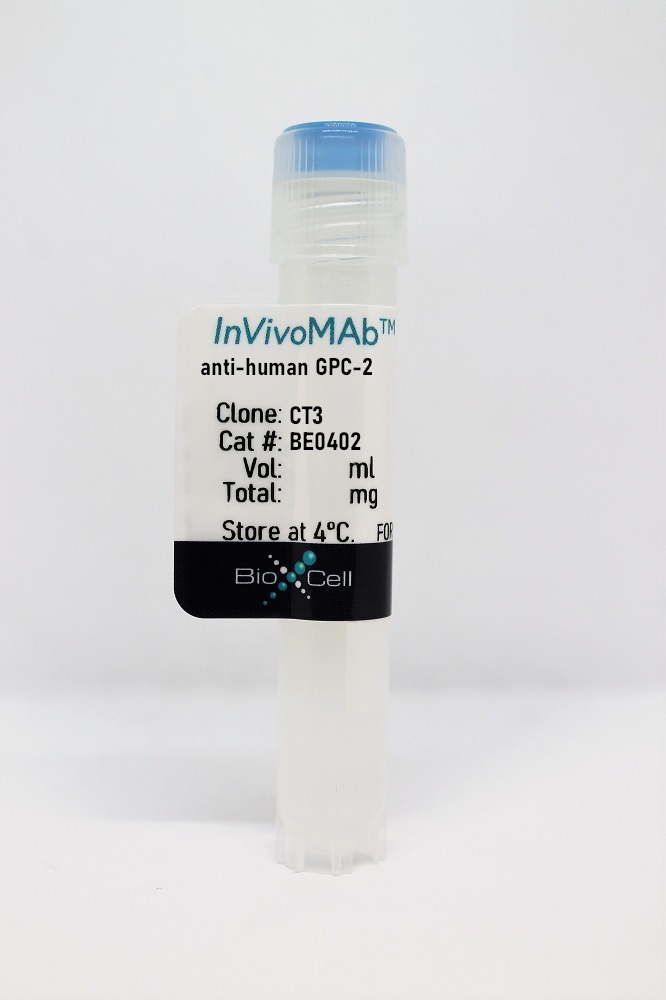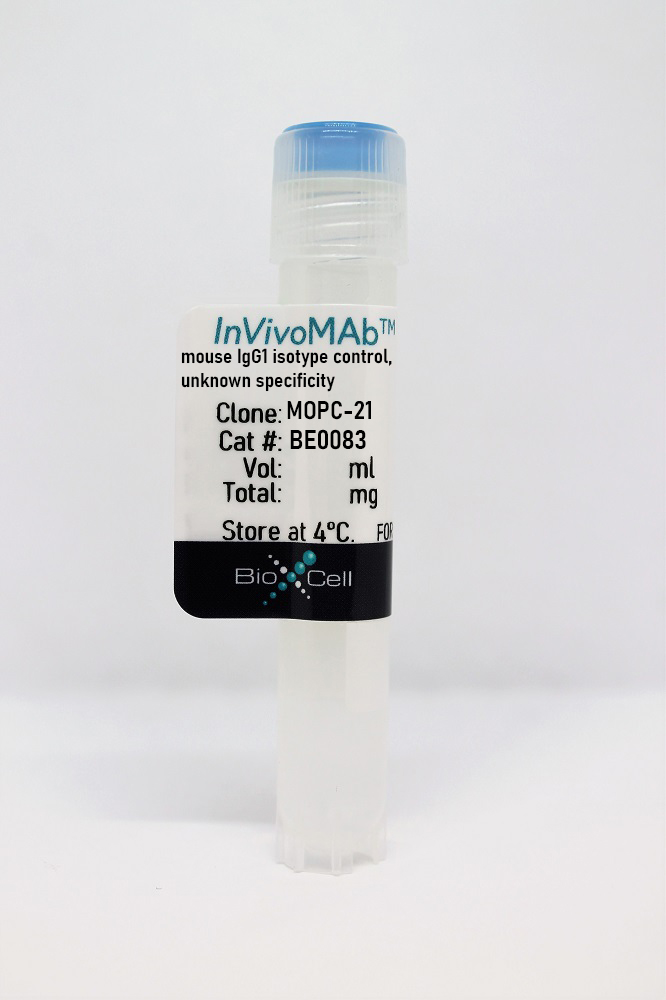
InVivoMAb anti-human GPC-2
BE0402
ApplicationsFlow Cytometry, Western Blot, ELISA, ImmunoHistoChemistry, ImmunoHistoChemistry Paraffin
Product group Antibodies
ReactivityHuman
Overview
- SupplierBio X Cell
- Product NameInVivoMAb anti-human GPC-2
- Delivery Days Customer7
- ApplicationsFlow Cytometry, Western Blot, ELISA, ImmunoHistoChemistry, ImmunoHistoChemistry Paraffin
- CertificationResearch Use Only
- ClonalityMonoclonal
- Clone IDCT3
- Concentration4-11 mg/ml
- HostMouse
- IsotypeIgG1
- ReactivityHuman
- Storage Instruction2°C to 8°C
- UNSPSC12352203


